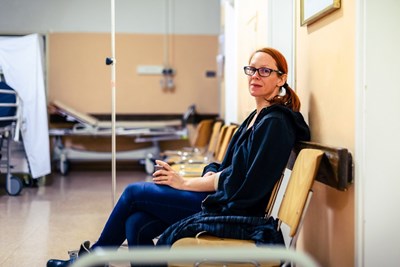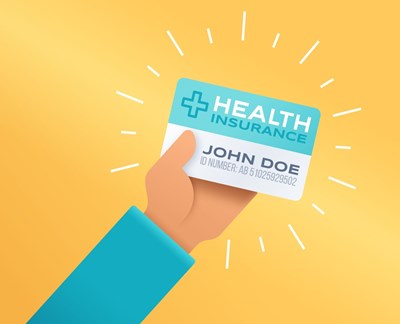WASHINGTON, D.C.—In a letter to the U.S. Departments of Health and Human Services (HHS), Labor, and Treasury, the American College of Emergency Physicians (ACEP) and the Emergency Department Practice Management Association (EDPMA) outline solutions to address the significant challenges facing emergency physicians who try to use the independent dispute resolution (IDR) process.
“Emergency physicians support the No Surprises Act, but insurance companies repeatedly find ways to exploit flaws in the dispute resolution process in order to avoid, delay, or reduce their obligation to provide fair reimbursement for emergency care,” said Christopher S. Kang, MD, FACEP, president of ACEP. “Addressing these flaws can incentivize insurers to participate in the IDR process with good faith and limit their attempts to game payment rates.”
The letter follows a January meeting with the Departments, emergency physicians, insurers, and others. Stakeholders at the meeting agreed that the statute’s lack of clarity on how to open negotiations before resorting to an independent arbiter impacts engagement in the process.
Emergency physicians rely on prompt, fair reimbursement after care delivery to keep their doors open. But insurance companies routinely withhold or obfuscate information critical to the initiation of the billing dispute resolution process. This lack of information sharing is delaying IDR before it even begins and “makes it difficult for providers and eventually for certified IDR entities to determine whether a claim is eligible for the federal IDR process,” the letter states.
During the meeting, concerns were expressed that the qualified payment amount (QPA) methodology finalized by the Departments is leading to artificially low QPAs that do not reflect market rates for services. Further, insurance companies are miscalculating the QPA, which drives payments down even lower.
As the letter states, “This combination of the QPA methodology and the miscalculations has led to QPAs that ‘don’t even pass the laugh test’—those that are so low that they are even significantly below Medicare and Medicaid payment rates.”
Additional hurdles to IDR participation include concerns shared across the physician community that the increased IDR application fee is so high that many practices, especially smaller independent physician groups, do not have the resources to participate in the process.
Finally, there are a worrisome number of instances in which insurance companies fail to pay the amount owed when the IDR entity finds for the physicians. One physician group noted during the meeting that it has not received payments in more than 90% of the cases in which the IDR entity ruled in its favor.
“Emergency physicians appreciate the opportunity to outline a multitude of concerns about the current implementation of the No Surprises Act,” said Dr. Kang. “We are hopeful that consideration of our proposed solutions could lead to the law being implemented as Congress intended.”
 American College of Emergency Physicians
American College of Emergency Physicians







